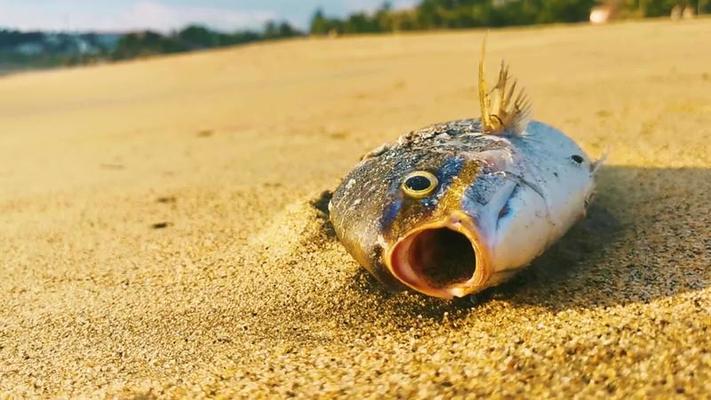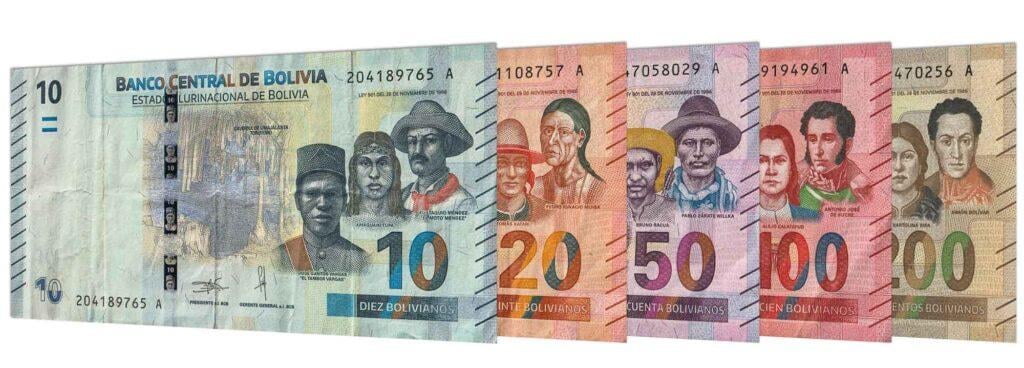Law to help small farmers creating billions for speculators

A law introduced to help small Panamanian farmers and share roppers get title to their lands has developed into a national land grab scandal that has made millions of dollars for developers and speculators.
Between December 16, 2010 and May 19, 2011, the former director of the National Land Authority (Anati) Anabelle Villamonte Murgas gave for free, 54 beachfront acres in the community of Juan Hombrón, Province Cocle, to 12 corporations and two individuals who claimed to have possessory rights.
The qualifications, made over less than six months and based on the discretion granted Anati by Law 59 of 2010 which created the authority , had important similarities says La Prensa in a major team investigation into the scandal. Chief among them: that Villamonte as a lawyer handled requests for certification of possession rights of 12 corporations, then, as an official, granted them.
The recognition of the rights of possession was made in all cases, only with statements of witnesses. No other evidence of being a "commercial domain owner peaceful and uninterrupted" for a term of five years, was required by Villamonte.
Requests for recognition of the rights of possession included farms located next to each other, and all with less than five hectares,were also passed by Villamonte, although Article 5 of Law 80 of 2009, which regulates the recognition of possession rights on coasts and islands, specifically prohibits "the division of land to take undue advantage of the free titles."
The long strip of land ceded free in Juan Hombrón is priced in the local market as between $150 and $250 per square meter. That is, the 54 acres would be worth between $80 million and $135 million says La Prensa.
The story began with the birth process of the Anati, which caused conflict between members of the Executive. The original proposal of the then Minister of Economy and Finance, Alberto Vallarino, was to create a Deputy Minister of Lands.However, amendments to the bill coming from the Presidency of the Assembly, gave birth to a new institution under the supervision of the Ministry of the Presidency, by Demetrio Papadimitriu.
The conflict between thetwo ministers had an outcome halfway between the two positions: Anati was created with the powers of Cadastre, but governed by a Board chaired by the Ministry of Housing.
Act 59 that created Anati was approved October 8, 2010, and r Alejandro Castillero was named its first general manager On December 7, 2010, Castillero Villamonte Anabelle appointed as director of cadastre in its evolution towards Titling director of the new institution). Nine days later, Villamonte put her signature on the first of the 14 resolutions to allocate land in Juan Hombrón.

In an in depth review of the goings on at the institution La Prensa names a show front presentation, at the Panama Hotel, supervised by tourism manager Saloman Shamah where to loud applause posession documents were awarded, to a few farmers but the majority were collected by lawyers representing business interests.
Conflicts over land title and possessory rights debates are of long standing in this country. In the last decade have passed five laws relating to the subject land, two regulations and at least three attempts to change.
With this scenario, Panamanians have witnessed controversial awards, not only for the characters involved, almost always close to power, but because the state has gained nothing. By contrast, those who have obtained state land by right of possession or purchase, there have been tens of thousands of dollars, even millions, in their pockets says the La Prensa investigation.
A notorious case was that of an uncle of former President Martin Torrijos, Rodolfo “Charro” Espino who acquired to nearly 30 hectares ogr beachfront in Punta Chame in 2004, shortly after his nephew came to power. The prosecution is still investigating the case.
Since then, the Pacific and the Caribbean have become the target of a fierce and silent struggle , whose protagonists often hide their identities in corporations, and titling of which little or nothing is known. However, what began to emerge were networks dedicated to the search for land title for the purpose of sale and development of multi-million dollar development projects and tourism.





